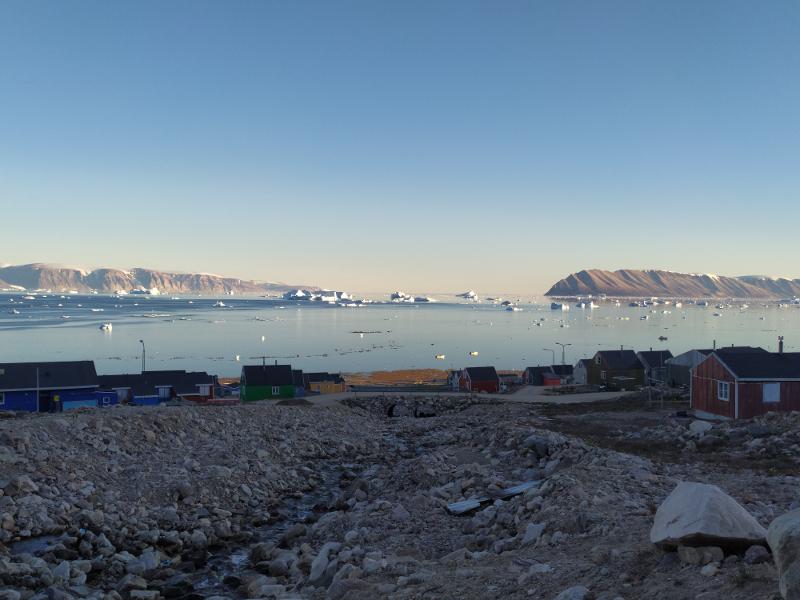Anthropology research seminar: Rethinking Law of the Sea in the Kinocene: Lessons from the Piniatorsuaq
Presented by Apostolos Tsiouvalas (PhD Fellow, Norwegian Centre for the Law of the Sea (NCLOS), UiT)
The scope of my PhD thesis has resulted from an overall observed bias that international law of the sea narrates territory in a relatively static and fragmented way determined by sovereign borders. Yet, the outset of the twenty-first century marked a period characterized by an increasingly ‘mobile’ re-conceptualization of the world, largely pushed forward by the rapid development of technology, access to popular media, and emerging changes in nature. Covering over 70% of the planet’s surface, the oceans have probably been the most exposed terrain to ‘motion’, dominating mainstream narratives and becoming a symbol of (climate) change and ever-increasing mobility patterns across the planet’s different ecosystems. ‘Motion’ however remains one of the less discussed concepts in jurisprudence and has been predominantly treated by Western legal thought as a non-philosophical category, best left to physics, and thus reduced to mathematic observations, and dislocation of masses among sovereign enclosures. Against this background, this presentation seeks to problematize the ontological underpinnings of law's relationship to motion in the sea and critically re-imagine it through lessons gained from the hunting practices and customary legal orders of the Inughuit communities of Northwest Greenland.
